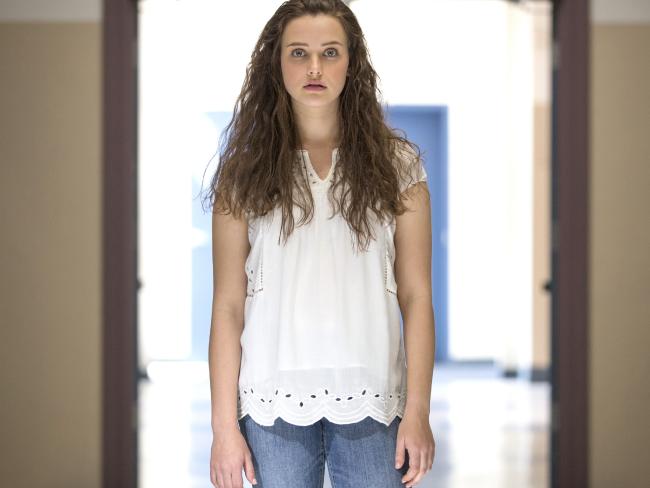|
by Jessica Cleary, Psychologist Please be advised: This post contains information related to suicide By now you are likely aware of the warnings from leading mental health agencies regarding the current Netflix phenomenon, 13 Reasons Why. Here is a summary of the main issues identified, and how you can help your child should they be watching (or have watched) this series. 13 Reasons Why tells the story of Hannah, a 17-year-old girl who takes her own life after being a victim of bullying, sexual harassment and rape. She has left behind 13 audio tapes which recount events and the people she holds responsible for motivating her to suicide. The national suicide media initiative, Mindframe, as well as the National Youth Mental Health Foundation, Headspace, have significant concerns and warnings related to the content of 13 Reasons Why. The Department of Education and Training has alerted schools to the risks involved with this series and guidance around the subject matter. Many mental health organisations, including The National Association of School Psychologists have created resources for educators and parents. Issues that may prove dangerous for vulnerable viewers:
How to support your teen
Comments are closed.
|
Categories
All
|
Hopscotch & HarmonyAt Hopscotch & Harmony Psychology, you can expect compassionate care and evidence-based guidance on your journey to wellness.
With clinics in Werribee and Belmont, as well as providing online counselling to clients who live throughout Australia, our dedicated team of psychologists and dietitians are committed to providing support to children, teenagers and adults. With a focus on understanding your unique needs, we offer tailored solutions to foster growth and resilience. Trust in our experience and dedication as we work together towards your well-being. Welcome to a place where healing begins and possibilities abound. |
Our services |
Contact usHopscotch & Harmony
Child, Teen and Adult Psychology Our Locations:
WERRIBEE: 1/167-179 Shaws Rd
BELMONT: 92 Roslyn Rd AUSTRALIA-WIDE: Online counselling |
Hopscotch and Harmony respectfully recognise the Aboriginal and Torres Strait Islander people as the first Peoples of the continent now called Australia.
We acknowledge the Bunurong and Wadawurrung people of the Kulin Nation, the traditional owners of the land on which we work, and pay our respects to their Elders, past, present and emerging.
© 2024 Hopscotch and Harmony Pty Ltd



 RSS Feed
RSS Feed
